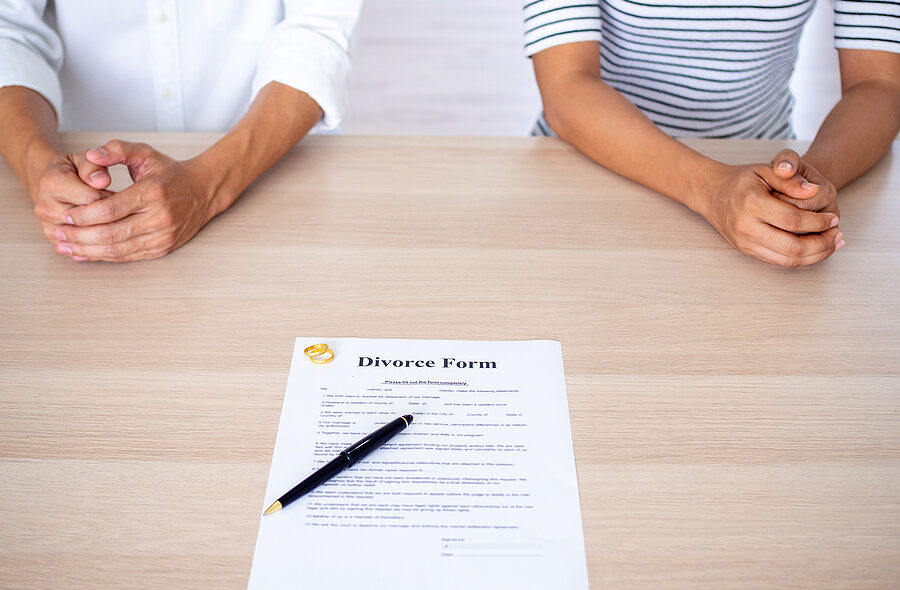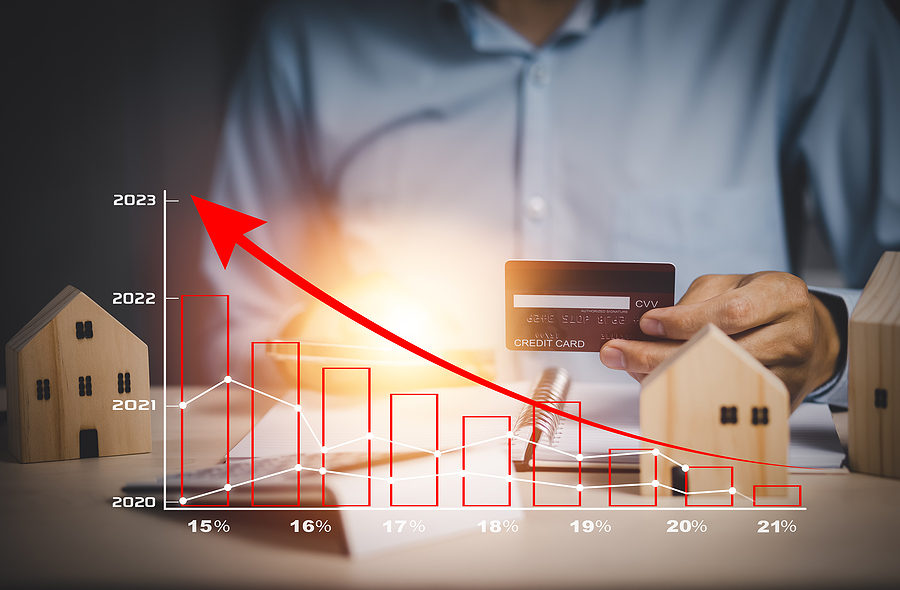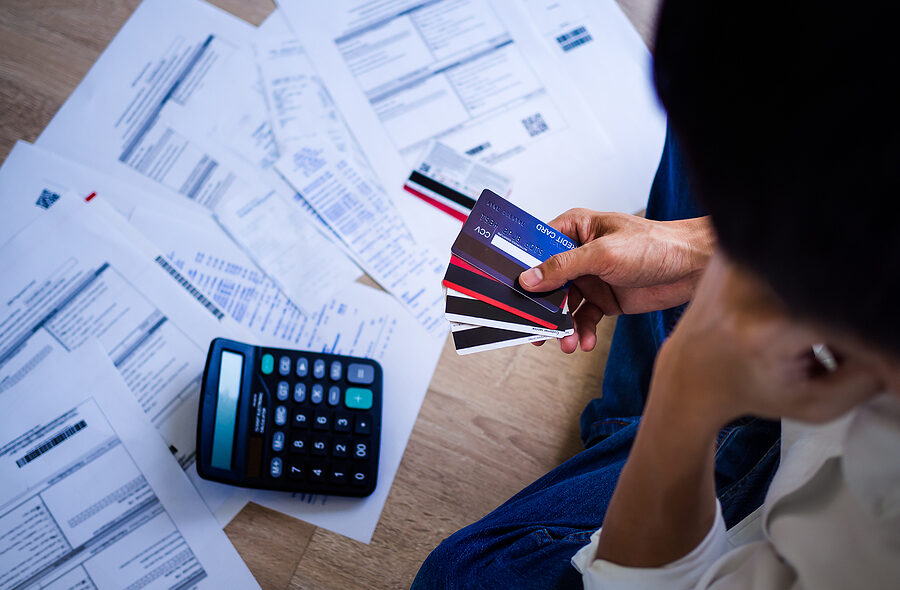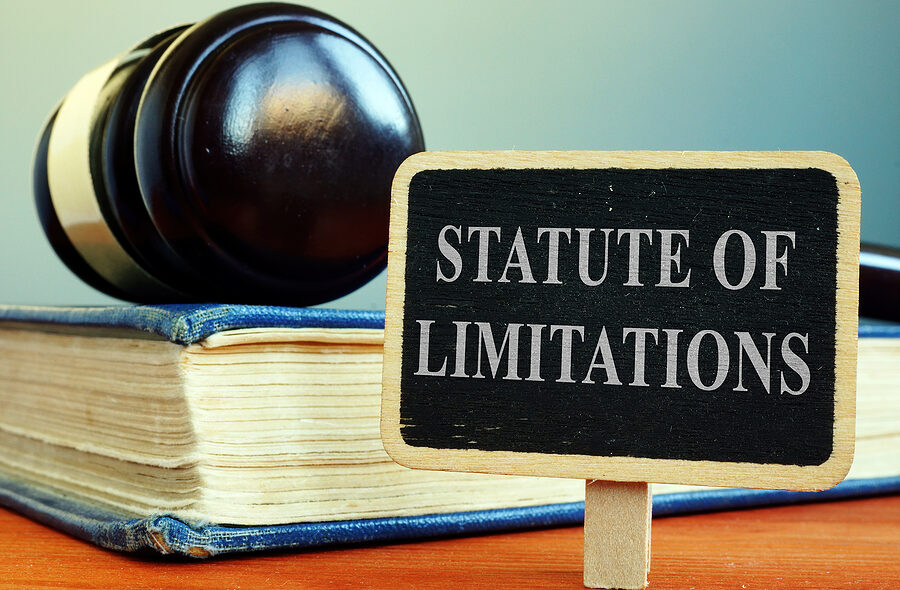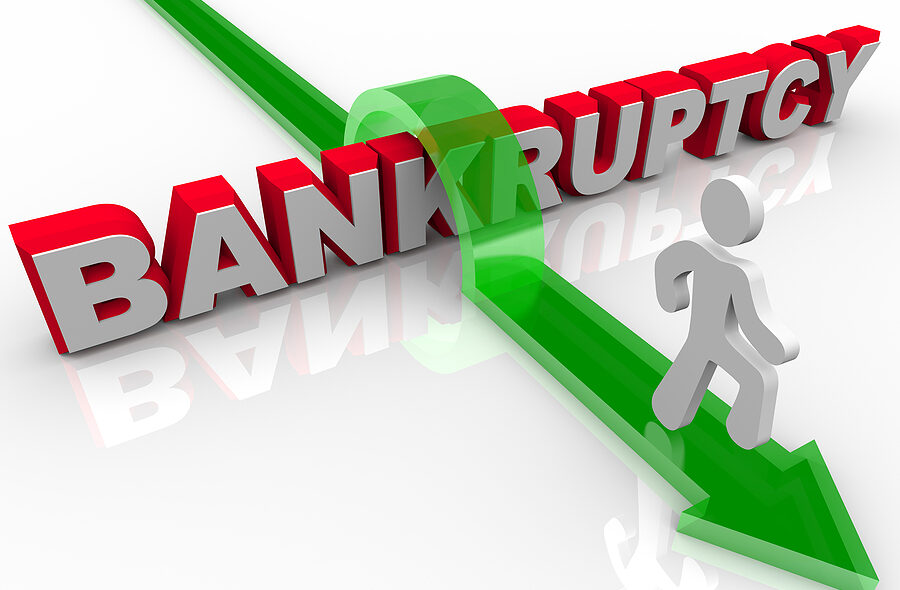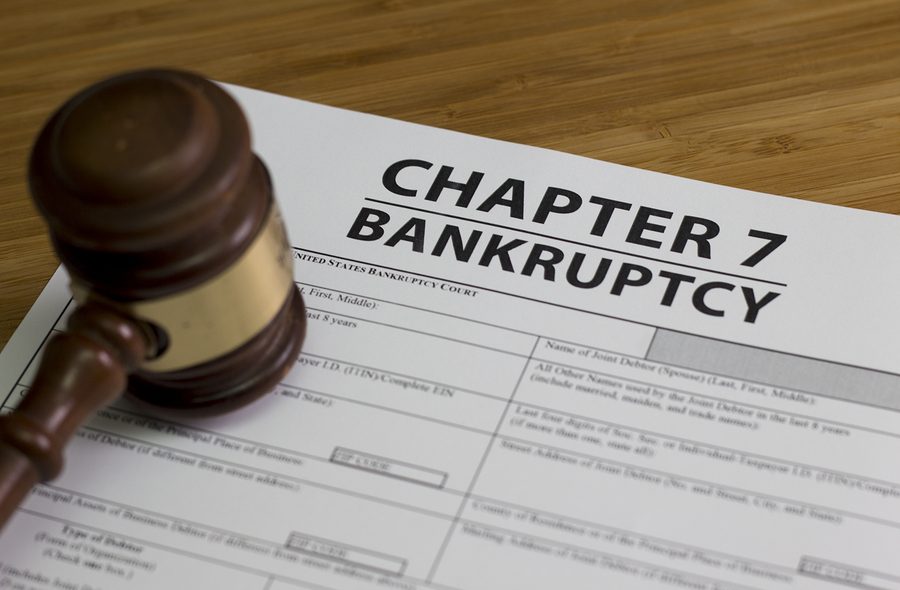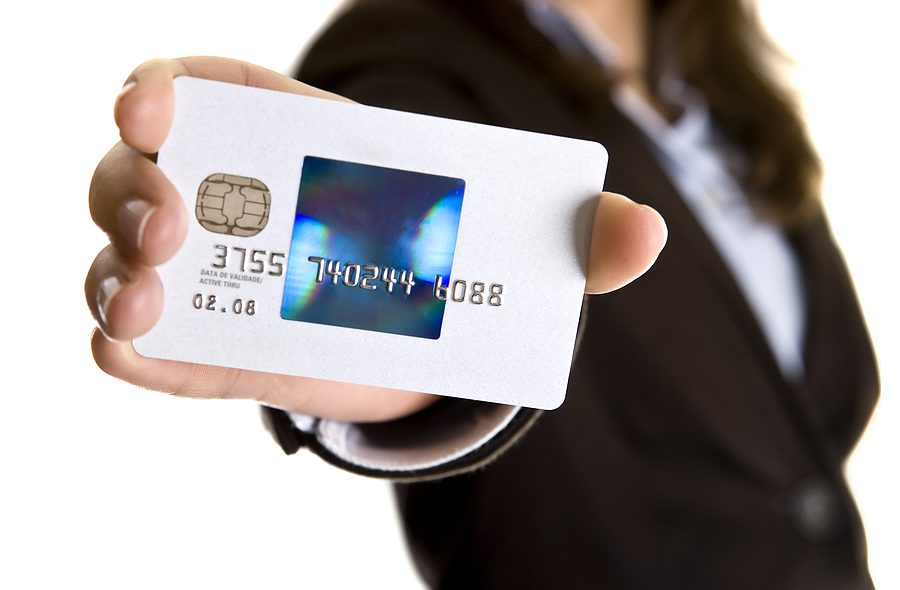American consumers are adding more to their credit card balances and falling behind on current payments, according to data from the Federal Reserve Bank of New York’s latest Quarterly Report on Household Debt and Credit.
According to this report, credit card balances hit a high of $1.08 trillion, increasing $48 billion from the previous quarter and increasing a record $154 billion from the previous year. This year-over-year increase is the largest one seen since the New York Fed began tracking this data back in 1999.


